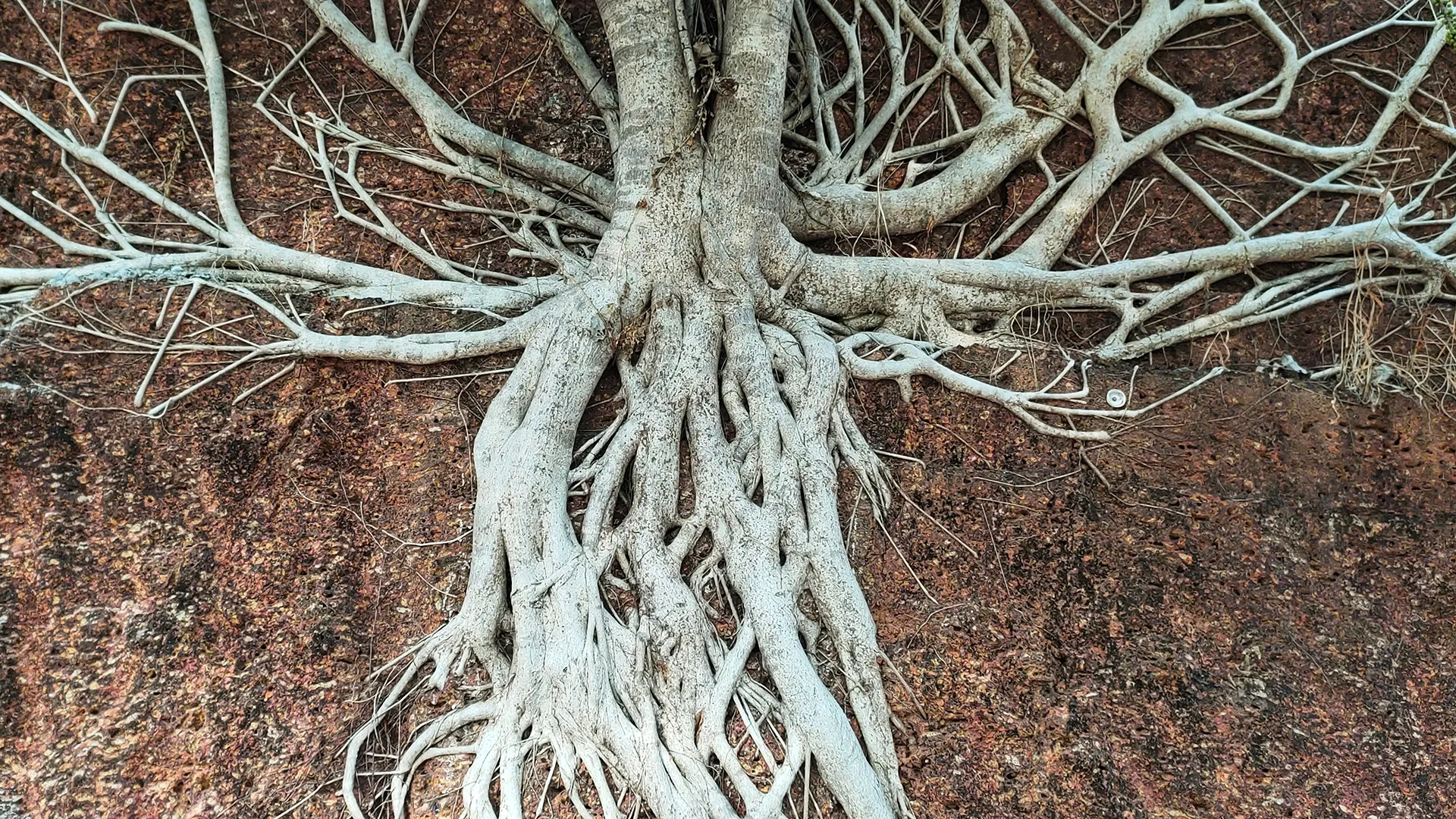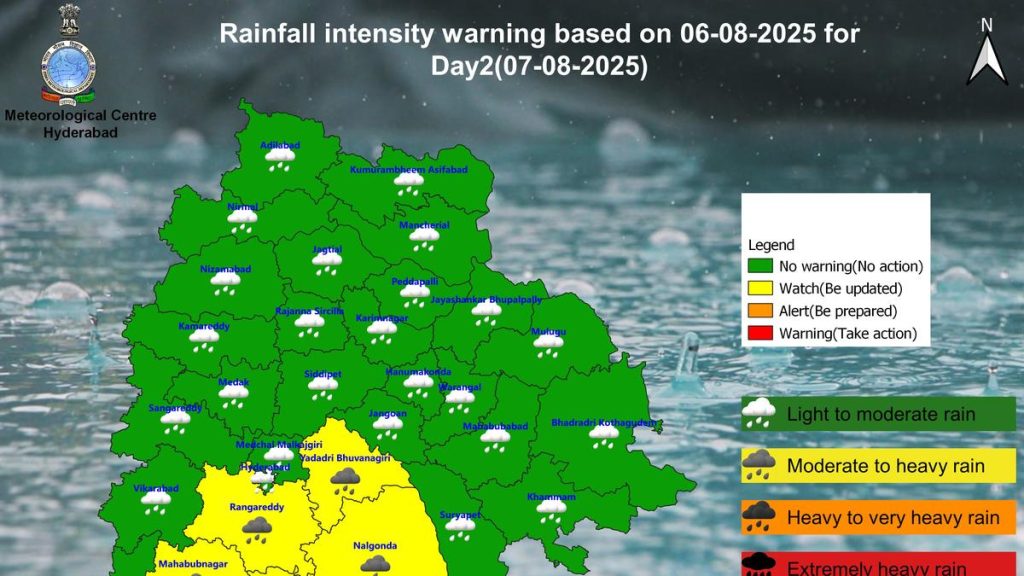Now Reading: Hidden Plant Roots Could Transform Climate Insights
-
01
Hidden Plant Roots Could Transform Climate Insights
Hidden Plant Roots Could Transform Climate Insights

swift Summary
- A study published in Nature Communications reveals that many plants grow a second, deeper layer of roots – often more than three feet underground.
- These “bimodal” rooting patterns may unlock greater carbon storage potential in deeper soil layers, helping mitigate climate change.
- Research was conducted using deep soil data from the National Ecological Observatory Network (NEON),spanning diverse ecosystems from Alaska to Puerto Rico.
- Key findings include:
– about 20% of studied ecosystems exhibit bimodal root distributions wiht nutrient exploitation at depth.
– Deeper plant roots store fixed carbon, potentially reducing its release into the atmosphere by detritus-feeding microbes in harsher underground conditions.
- Scientists highlight the need for enhanced exploration of deep soil layers to better understand their role in carbon storage and ecosystem dynamics amid climatic shifts.
Indian Opinion Analysis
This breakthrough challenges previous ecological models focused only on shallow soils and underscores the importance of investigating deep-rooted plant behavior further. For India-home to diverse biomes ranging from Himalayan forests to arid plains-understanding such biological resilience mechanisms coudl hold strategic value. It could help guide afforestation efforts or agricultural policies aimed at enhancing natural carbon sequestration as part of India’s broader climate mitigation goals.
Additionally, if plants naturally exploit lower soil layers and sequester carbon under challenging climatic conditions, this discovery provides optimism for long-term environmental sustainability initiatives globally. Though, unlocking its full potential would require critically important investment into research infrastructure within India’s varied ecosystem types. Balancing this insight with local needs like water-table preservation will be crucial going forward.

























